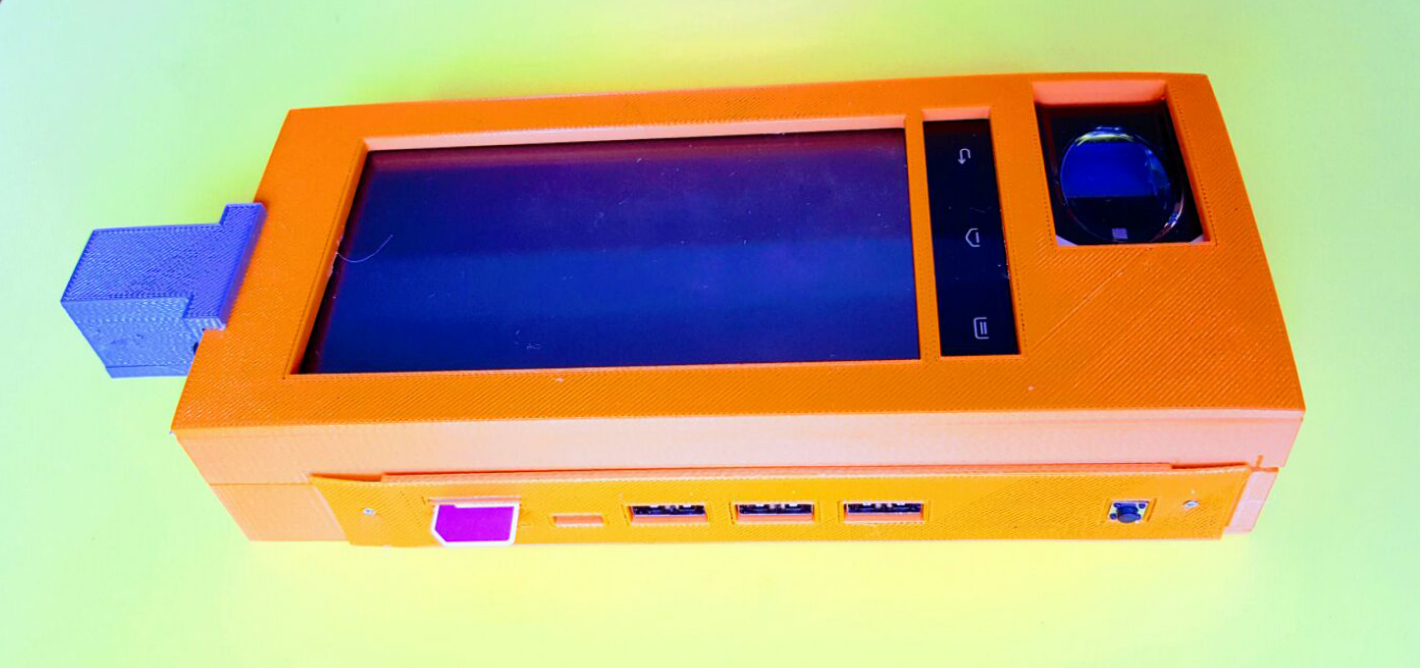Blockchain: Bringing Financial Services to the Unbanked in Papua New Guinea

Jane Thomason, CEO of Abt Australia, delivers a keynote presentation titled “Blockchain for Good: How Blockchain is Changing Global Development Programs” at the 2nd Annual Blockchain Conference, held July 28 in Washington, D.C.
Photo credit: Sarah Armstrong, Abt Global Approximately 1.1 billion people lack proper identification and 2 billion people don’t have access to banking.
These left-out people – who often live in rural areas – face huge disadvantages compared with others. People without ID and banking cannot easily vote, register land, obtain credit, buy and sell goods across distances, and access health care. Essentially, they are second-class citizens.
But blockchain – an emerging technology for secure, person-to-person digital transactions – is poised to address these disadvantages. Abt Global has an MOU with the Central Bank of Papua New Guinea to pilot blockchain-based efforts to improve financial inclusion in Papua New Guinea.
The effort in Papua New Guinea (PNG) is being managed through the Abt Global-led PNG Governance Facility Project, funded by the Australian government. The program is working to strengthen the institutions and processes that contribute to security, stability and inclusive economic growth.
“Ultimately, we are working to give PNG citizens means to improve their economic well-being, health, and participation in society,” said Jane Thomason, CEO of Abt Australia.
Blockwhat? Peer-to-Peer, Secure, Decentralized Transactions
We rely on third parties – banks, governments, and others – to verify the authenticity and security of many transactions. Blockchain replaces that need by establishing a decentralized, secure, digital, public ledger for transactions.
But blockchains can enable more than the exchange of money. Their decentralization, identification, and security features potentially can help to:
Jane Thomason, CEO of Abt Australia, delivers the closing statement for London Blockchain Week in January 2017.
- Establish and confirm identify;
- Verify provenance of vaccines and medicines;
- Improve efficiency of supply chains;
- Provide lower-cost remittances;
- Trade solar energy with their neighbors; and
- Ensure that donor funds are used as intended.
“Blockchain could connect people to services and opportunities the way mobile phones connected rural people who didn’t have access to land lines,” Thomason said.
Pilot Project to Improve Financial Inclusion in PNG
Abt Global signed a memorandum of understanding in April with the Bank of PNG to help develop blockchain financial inclusion programs, with funding from the Australian PNG Governance Facility project.
Specifically, Abt and the Bank will support several pilot projects. The first is the IDBox digital fingerprint device, which costs around $50 to produce and runs on solar power. These boxes are to be used to creating unique IDs through a combination of fingerprints, mobile phone texting, and a link to a blockchain.
The pilot version of the IDBox digital fingerprint device, created during a hackathon during London Blockchain Week in January 2017. IDBox has completed a successful pilot in PNG. The IDBox pilot was the product of a hackathon held during London Blockchain Week in January 2017, hosted by Fintech Worldwide. Thomason said IDBox has completed a successful pilot in PNG.
Abt has also assisted the Central Bank and the blockchain industry in PNG, with the support of the Australian Digital Commerce Cryptocurrency Association, to facilitate the establishment of the PNG Digital Commerce Cryptocurrency Association. This will enable PNG to connect to the Global Blockchain Forum, an initiative led by the U.S. Chamber of Digital Commerce. This PNG initiative is to be launched in August 2017.
“We believe that blockchain has the potential to close the gap for the poor,” Thomason said.
Read JaneThomason’s op-ed in Devex about using blockchain in international development.
Watch Thomason give the closing statement for London Blockchain Week in January 2017.
